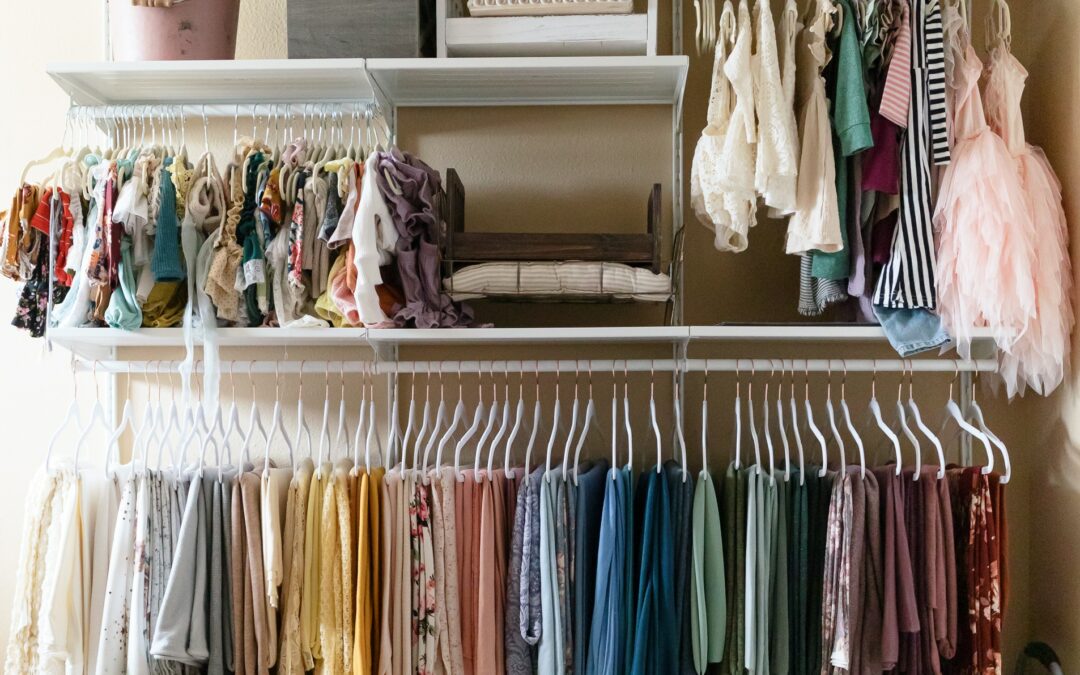In-Home Photography Studio vs. Commercial Photography Studio | Choosing the Right Setting for Your Studio
Photography studios are essential spaces for photographers who own their own business. Whether it is for family portraits or commercial campaigns they need a space to capture their images. When deciding between an in-home photography studio and a commercial photography studio there are various factors to consider. These various factors need to create the perfect environment for their clients. Each setting offers unique advantages and limitations, catering to different needs and preferences. In this comparison, we explore the differences between both options to help photographers make informed decisions.
In-Home Photography Studio | Convenience and Comfort
Operating a photography studio from home is very convenient for photographers. Eliminating the need for commuting allows for greater flexibility in scheduling sessions and managing time efficiently. I love being able to roll out of bed just before a session! Moreover, the familiar surroundings provide a comfortable atmosphere. This comfortable setting can help clients relax and feel at ease during shoots. This relaxed ambiance often translates into more natural and authentic photographs.
In-Home Studio | Cost Effectiveness
Setting up a photography studio at home can significantly reduce overhead costs as they are already being paid in your home. Overhead costs can be extensive when renting a commercial space which in turn increases the investment needed by clients. Homeowners already bear the expenses of utilities, insurance, and maintenance, making it a cost-effective option for photographers. Moreover, this is particularly true for those starting their careers. Additionally, with advancements in affordable equipment and studio setups, creating a professional-grade studio within the home has become increasingly feasible.
In-Home Photography | Personalized Experience
An in-home photography studio allows photographers to offer a personalized experience. This experience may be tailored to their clients’ preferences. Homeowners have the flexibility to customize the studio space according to individual tastes and themes. Therefore selecting backdrop colours to selecting meaningful props can be customized to the photographer’s wants and needs. Complete customization also fosters a sense of exclusivity which in turn enhances the overall client experience and satisfaction.
In-Home Photography Studio | Space Limitations:
While the convenience of an in-home studio is undeniable, space limitations can pose challenges. This is especially true for photographers with extensive equipment. Larger groups of people also make it difficult to accommodate in smaller spaces. Limited square footage may restrict creative possibilities as well as hinder the execution of certain photography styles or setups. Moreover, homeowners must strike a balance between functional living spaces and dedicated areas for photography. This can sometimes lead to compromises in aesthetics and organization. One other aspect that may be difficult with space limitations is if clients must enter through your home to the photography space. In this case, the home must be cleaned and presentable to anyone who enters.
Commercial Photography Studio | Professionalism and Image
Renting a commercial photography studio lends an air of professionalism and credibility to some photographers. This is particularly true when catering to corporate clients or high-profile projects. A dedicated studio space instills confidence in clients as well as reinforces the photographer’s commitment to quality and excellence. Additionally, commercial studios can sometimes come equipped with state-of-the-art amenities. These amenities could be anything from professional lighting systems to versatile backdrops. These amenities could enhance the overall production value of photoshoots for some clients.
Commercial Photography Studio | Versatility and Resources
Commercial photography studios offer unparalleled versatility and access to a wide range of resources. This versatility makes them ideal for accommodating diverse photography needs and styles. From spacious shooting areas to specialized equipment rentals, photographers can unleash their creativity without constraints. Moreover, many commercial studios provide additional amenities for clients. These amenities can include dressing rooms, makeup areas, and client lounges. Therefore amenities further enhance the overall experience for both photographers and their clients.
Commercial Photography Studio | Networking Opportunities
Renting a commercial photography studio exposes photographers to a vibrant community of industry professionals. v This exposure can lead to fostering networking opportunities and collaboration possibilities. Interacting with fellow professionals within a shared studio space can lead to valuable connections, knowledge exchange, and potential referrals. These professionals can include photographers, models, makeup artists, and stylists. In studio-sponsored events or workshops can enable photographers to stay on top of industry trends and expand their skill sets.
Commercial Photography Studio | Financial Considerations
While commercial photography studios offer unmatched benefits, they often come with a higher price tag compared to in-home studios. Renting studio space entails recurring expenses. These expenses can include lease payments, utilities, and maintenance fees. These payments can significantly impact a photographer’s bottom line, particularly during lean periods. Consequently, photographers must carefully assess their budgetary constraints and projected income streams. These assessments determine the feasibility of renting a commercial studio space.
In-Home Photography Studio vs. Commercial Photography Studio | Choosing the Right Setting for Your Studio
In the perpetual debate between in-home photography studios and commercial photography studios, there is no one-size-fits-all solution. Each setting offers distinct advantages and limitations as well as caters to different preferences, budgets, and professional aspirations. Ultimately, the choice between an in-home or commercial studio hinges on various factors. These factors can include convenience, cost-effectiveness, professionalism, and creative freedom. By carefully evaluating their unique needs and objectives, photographers can select the setting that best works for them. Photographers possess the power to transform ordinary moments into timeless masterpieces, regardless of the setting they choose.
7 Things you Need to Start a Home Studio


Recent Comments